We must be free not because we claim freedom, but because we practice it
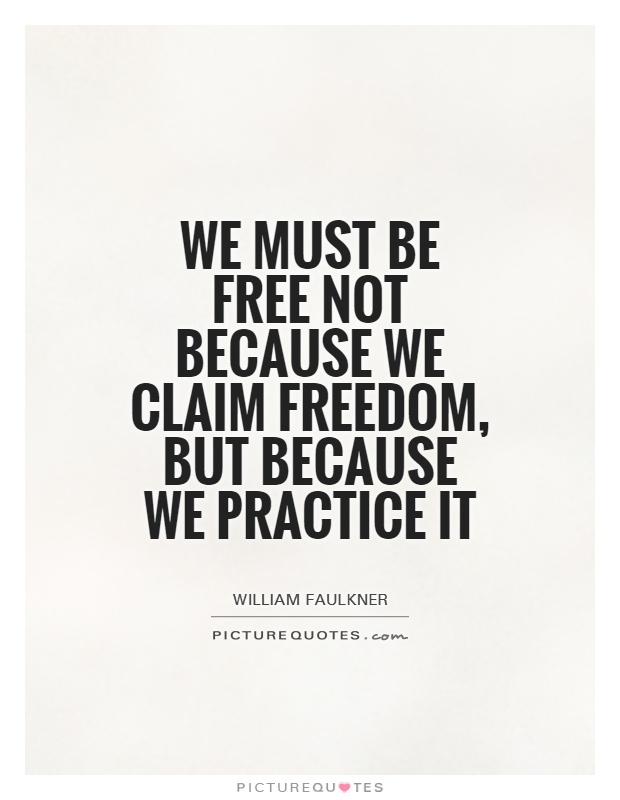
We must be free not because we claim freedom, but because we practice it
William Faulkner, a renowned American writer, is often celebrated for his exploration of the complexities of human nature and the societal structures that shape our lives. In his works, Faulkner delves into the themes of freedom, identity, and the struggle for autonomy in a world that often seeks to confine and control individuals. The quote, “We must be free not because we claim freedom, but because we practice it,” resonates deeply with Faulkner’s exploration of these themes in his novels and short stories.Faulkner’s characters often grapple with the constraints placed upon them by society, family, and their own internal struggles. They are forced to confront the limitations of their circumstances and the ways in which they are defined by others. In works such as “The Sound and the Fury” and “As I Lay Dying,” Faulkner portrays characters who are trapped in cycles of poverty, violence, and dysfunction, struggling to break free from the chains that bind them.
The idea of practicing freedom, rather than simply claiming it, is central to Faulkner’s exploration of autonomy and self-determination. In his novel “Light in August,” Faulkner examines the ways in which individuals can assert their independence and forge their own paths in a world that seeks to control and oppress them. The character of Joe Christmas, a biracial man who is ostracized and marginalized by society, embodies the struggle for freedom and self-actualization in the face of overwhelming adversity.
Faulkner’s writing is characterized by its rich and complex portrayal of the human experience, capturing the nuances of individual agency and the ways in which we navigate the constraints of our lives. Through his exploration of freedom and autonomy, Faulkner challenges us to consider the ways in which we can practice freedom in our own lives, asserting our independence and agency in the face of adversity. As Faulkner himself once said, “I decline to accept the end of man... I believe that man will not merely endure: he will prevail.”

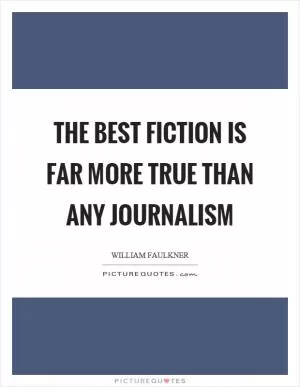
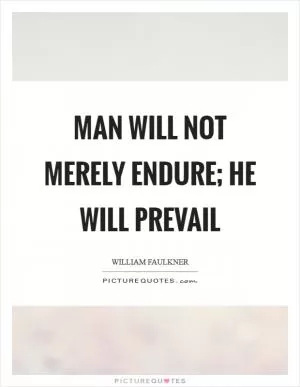

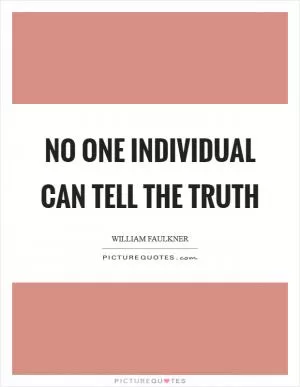
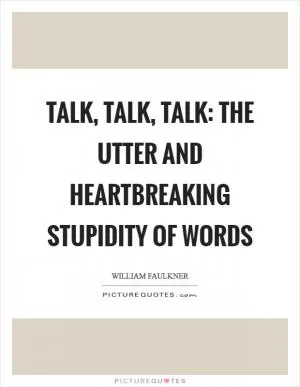
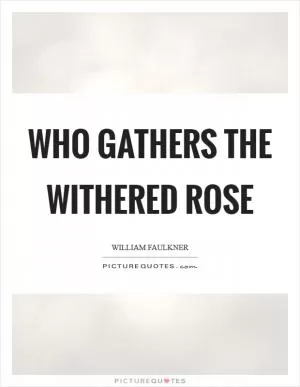

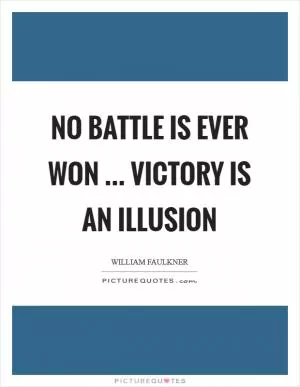


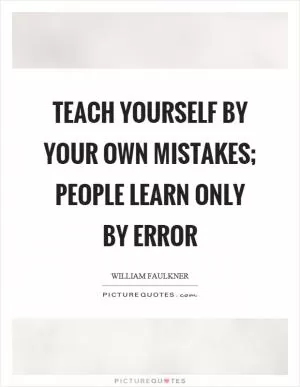
 Friendship Quotes
Friendship Quotes Love Quotes
Love Quotes Life Quotes
Life Quotes Funny Quotes
Funny Quotes Motivational Quotes
Motivational Quotes Inspirational Quotes
Inspirational Quotes